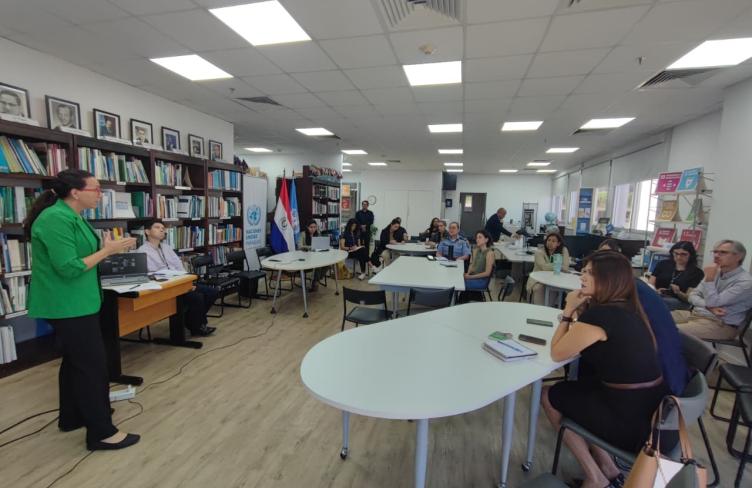
The Principles on Effective Interviewing for Investigations and Information Gathering, also known as the Méndez Principles, provide an indispensable framework for monitoring the situation of persons deprived of liberty and preventing torture and ill-treatment, representatives from independent oversight bodies around the globe have told the APT.
Over the past month, the APT has hosted a regional webinar series on the Méndez Principles, as they are known, in partnership with the Asia Pacific Forum (APF), the OSCE Office for Democratic Institutions and Human Rights (ODIHR) and the Arab Network of National Human Rights Institutions (ANNHRI).
The webinar series brought together more than 200 representatives from national human rights institutions (NHRIs) and National Preventive Mechanisms (NPMs) in the Asia Pacific, Europe and the Arab regions to explore how oversight institutions could use the Méndez Principles in their monitoring work and dialogue with the authorities.
The APT introduced the key elements and benefits of the Méndez Principles for torture prevention and for oversight institutions, before inviting participants to discuss the challenges and opportunities for incorporating the Principles within their institution’s policies, strategies and methods of work.
The discussions highlighted how the Méndez Principles foster a shift from interrogation practices to rapport-based interviewing. Crucially, they also strengthen the role of NHRIs and NPMs by promoting independent oversight and monitoring of interviewing practices and associated safeguards in criminal justice systems (see Principle 5, in particular).
Several common themes emerged from the regional dialogues:
- Participants said the Méndez Principles will significantly strengthen the implementation of legal safeguards, during questioning and interviews, including at all stages of detention. The Principles offer a concrete alternative to existing interrogation techniques, while also supporting investigators to improve the effectiveness and outcomes of their investigations.
- Oversight bodies expressed strong interest in using the Méndez Principles in their monitoring and preventive work. For instance, several NPMs and NHRIs said they would integrate the Principles in their monitoring guidelines and methodologies, as well as in their future reporting.
- Some NHRIs – in particular from the Asia Pacific region – are currently revising training curricula with police academies and said they would include reference to the Principles in those materials.
- As drivers of change, NHRIs and NPMs committed to promote dialogue on the relevance and value of the Méndez Principles with key national stakeholders, especially its practical guidance for policy makers on strengthening human rights in the administration of justice.
The regional dialogues in the Asia Pacific (26 October), Europe (3 November) and the Arab region (15 November) were preceded by a webinar convened by the APT for oversight bodies in Latin America (13 October). External experts, including from the Norwegian Centre for Human Rights, were invited to contribute to the dialogue series.
A webinar for NHRIs and NPMs in Africa is planned for early 2022. National-level roundtables on the Méndez Principles are also planned in the coming months.
Drawing on the wide-ranging discussions with NHRIs and NPMs, the APT will publish a briefing paper on the role of external independent oversight institutions with regards to the Méndez Principles.
The Méndez Principles are available in multiple languages – including Arabic, English, Filipino, French, Malay, Spanish, and Portuguese – with more to be added. Further information and resources are available online, as well as a video series featuring insights from police and international experts.


